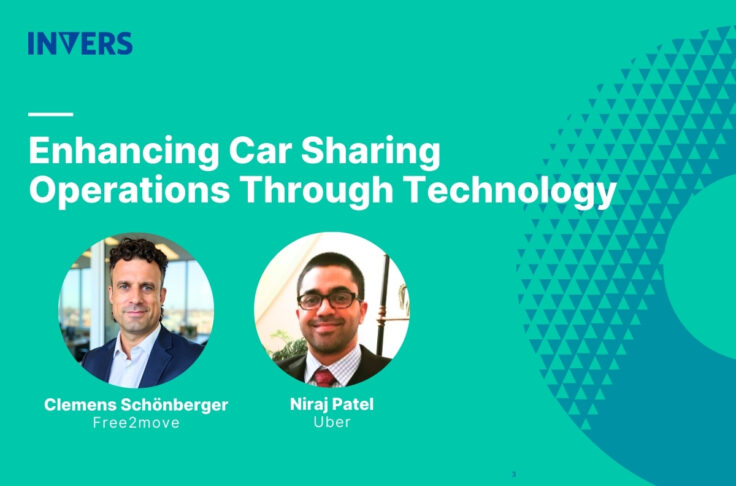Car Subscription Services: Growing Opportunities
Summary
Offering car subscription services as an alternative to car ownership is gaining traction across the globe. By taking a closer look at the current state of the car subscription industry, INVERS’ guest writer and industry expert Augustin Friedel outlines growth opportunities for OEMs, car dealers, and sharing providers.

Offering car subscription services as an alternative to car ownership is gaining traction across the globe. What started in the US has since made its way over to Europe and now also to Africa. Car subscriptions offered by OEMs have been around for multiple years but recently took off with increased customer demand and invested capital. This follows a general trend towards subscription products and services, with car subscription services often being referred to as “Netflix for cars”.
The status quo in the car subscription market
Car subscriptions are seen as an attractive alternative to car financing, cash payment or leasing. Experts predict that car subscription services could make up to 40% of new car sales within the next 10 years. A survey by McKinsey also comes to the conclusion that car subscriptions from major OEMs are growing at a fast pace, as we can already see happening in the market. BCG is more conservative and forecasts a revenue potential of $30 to $40 billion dollars by 2030 in Europe and the US. This would be equivalent to approximately 15% of new car sales or 5-6 million active subscriptions.
There are a diverse group of stakeholders within the car subscription space. Automotive OEMs are starting their own services to build up direct relationships to customers, such as Care by Volvo – their car subscription program – which was launched in 2018. Traditional downstream players like car rental firms, dealers or leasing companies are getting active as well. In fact, one of the leading European car rental companies, Sixt, started car sharing and subscription services. Dealer groups are also utilizing their local brand when offering subscription services based on technology provided by Faaren, ViveLaCar, and others. In addition, startups and platforms are trying to disrupt the car subscription space with unique offerings, such as Cluno, Drover, and Carvolution who build dedicated fleets for car subscriptions linked to a fully digital user journey.


